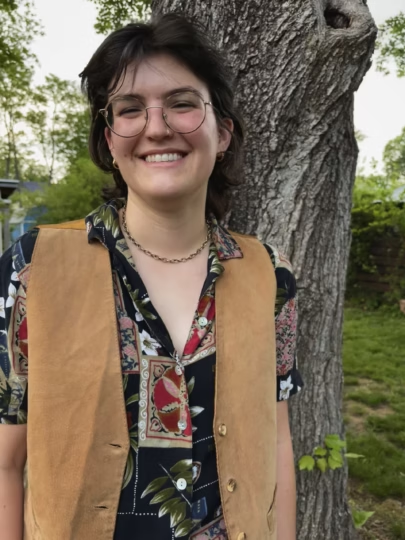What’s your name, department, and when did you start at UVA?
Nancy L. Deutsch, School of Education and Human Development, EDLF, faculty member since 2004.
What’s your hometown?
Arlington, Massachusetts.
How are you connected to TYDE?
I am lucky enough to be working with Bethany Teachman and our amazing staff as the co-leader of TYDE.
What is your research about? What parts of it are the most exciting to you?
My research focuses on the settings and relationships that support positive youth development. I have examined teens’ identity development and focused a lot on out-of-school time programs and important non-parental adults. More recently, we have also been working with middle schools to help them align their structures and practices with the science of early adolescence.
The most exciting thing for me is helping people think about the developmental needs of adolescents, and supporting them in figuring out how those needs can drive the design of their programs and how they work with young people.
How do you use digital technology in your daily life?
I have never been what you would call an early adopter of new technologies. I hung onto my cassette tapes (and then my CDs) far longer than was probably reasonable and I didn’t get a smartphone until 2012. So my use of digital technology in daily life tends towards either supporting my work (computer-based technology) or helping me stay connected to my friends and family (phone based technology). I am not a big social media user but I do enjoy being able to stay connected to people from various parts of my life in at least some cursory way.
In your opinion, what are the main challenges that young people face navigating the world of digital technology and/or social media?
I think a lot about the way in which digital technology has changed how interpersonal conflict plays out for young people.
The ability to dash off a response immediately, or to bring other people into a conflict, means that your immediate, emotional response may live on in a way that it wouldn’t have in the past. That is true for all of us, but for teens, who are still developing emotional self-regulation and who are deeply embedded in figuring out the social world, this can be a particular challenge.
It used to be that if you were having a conflict with someone at school that stayed at school. And if you were upset at a friend, unless you called them on the landline immediately and they happened to be at home, you generally had time to cool down and think about things before you actually spoke to them.







